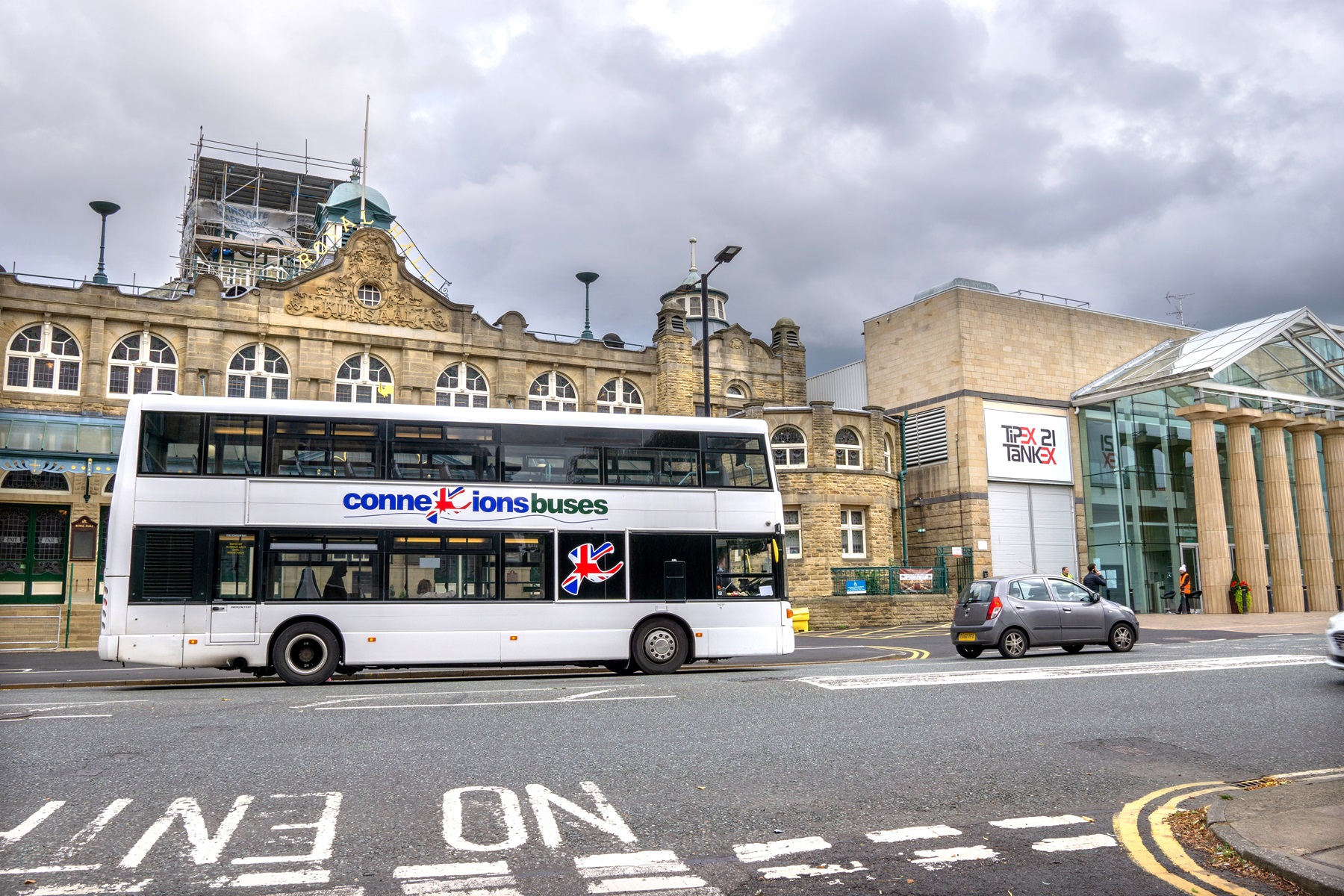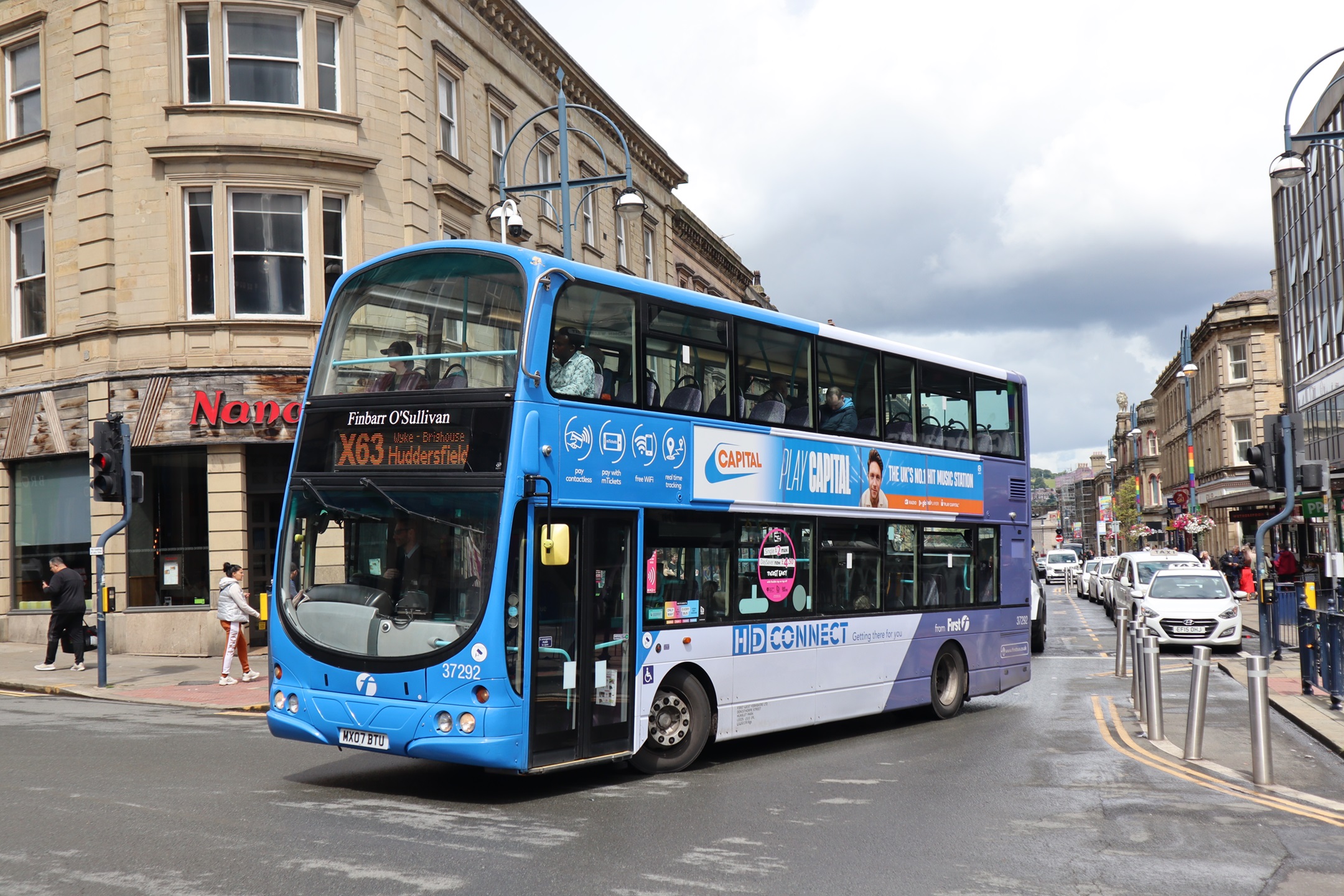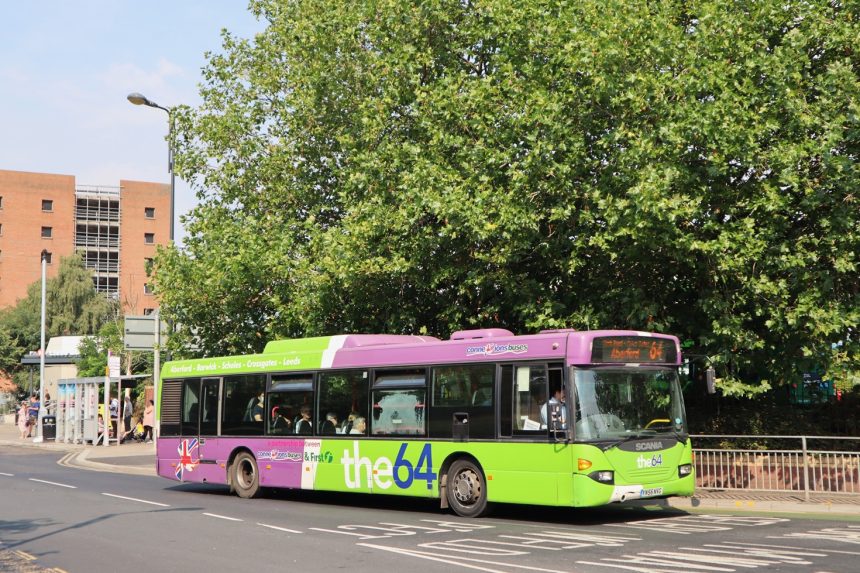Any introduction of bus franchising in West Yorkshire poses a significant threat to SME operators, Managing Director of Connexions Buses Craig Temple has said.
While that business is based in North Yorkshire, 28 of its PVR of 34 operate partially or entirely within West Yorkshire on a mix of commercial and tendered services, bringing them into scope of the potential franchising exercise.
In a letter to the West Yorkshire Combined Authority (WYCA), Mr Temple has questioned various parts of the proposals. He believes that elements will be difficult to impossible for some SME operators to work with.
Under WYCA’s plans, commercial cross-border bus services would require a permit, to which the Combined Authority could attach conditions.
Mr Temple is concerned about that, and the lack of certainty of future work. In particular, he notes that WYCA’s aspiration for zero-emission bus deployment would be problematic, as Connexions’ depot is leased and cannot support the necessary infrastructure. That could well apply to other SME operators, he believes.

Mr Temple also points out that commercial services in West Yorkshire once operated by state-owned companies were sold effectively as intellectual property (IP) during privatisation. “They were not given away. Money went back to the government,” he continues.
“What [is planned] now is a reversal of that, where commercial services are our IP, and they [would be] taken from us without any recompense, or guarantee of continuation.” Such a position is “morally wrong,” and for SME operators leaves them facing uncertainty around depot and fleet planning.
The bus reform assessment published by WYCA in October states that the ‘lotting’ process that it expects to adopt – which will utilise large lots and small lots – is aimed at promoting competition and enabling SMEs “to enter the market and/or grow.”
WYCA adds an expectation that existing SME bus operators in the conurbation will see a “relatively neutral” impact from franchising and that opportunities for those businesses will be better than under the status quo or the Enhanced Partnership Plus alternative.
A more gradual move to franchising with the smaller lots is advocated by WYCA. That would include an initial letting of contracts on “substantially the same basis” as current gross-cost supported services, but that does not mitigate Mr Temple’s concerns around commercial routes.

The assessment also notes that where an operator exits the West Yorkshire bus market under franchising, the residual impact is considered “non-material.”
In a dismissive approach to those businesses, the document says that staff would transfer to other operators and that if a depot is not purchased by WYCA, those premises “may have market value for other uses.” Unneeded vehicles could be deployed elsewhere, it adds.
The West Yorkshire approach echoes that of Transport for Greater Manchester, which in its bus franchising assessment published in 2019 said that it intended to maintain access for SME operators. In March 2019, 41 of those were active in Greater Manchester’s bus market. Under the first two round of franchise contract awards, just one such business – Vision Bus – has benefitted.
Despite WYCA’s words around SME involvement in potential franchising, its assessment of the process accepts that engagement with those operators has proved “difficult” and that concern around business loss exists among them.
The Combined Authority says that it will “continue to discuss options for franchising” with SMEs, but Mr Temple counters that the plans are bringing “unnecessary stress” to those smaller businesses that are affected by the proposals. WYCA is considering a response to his letter.


























